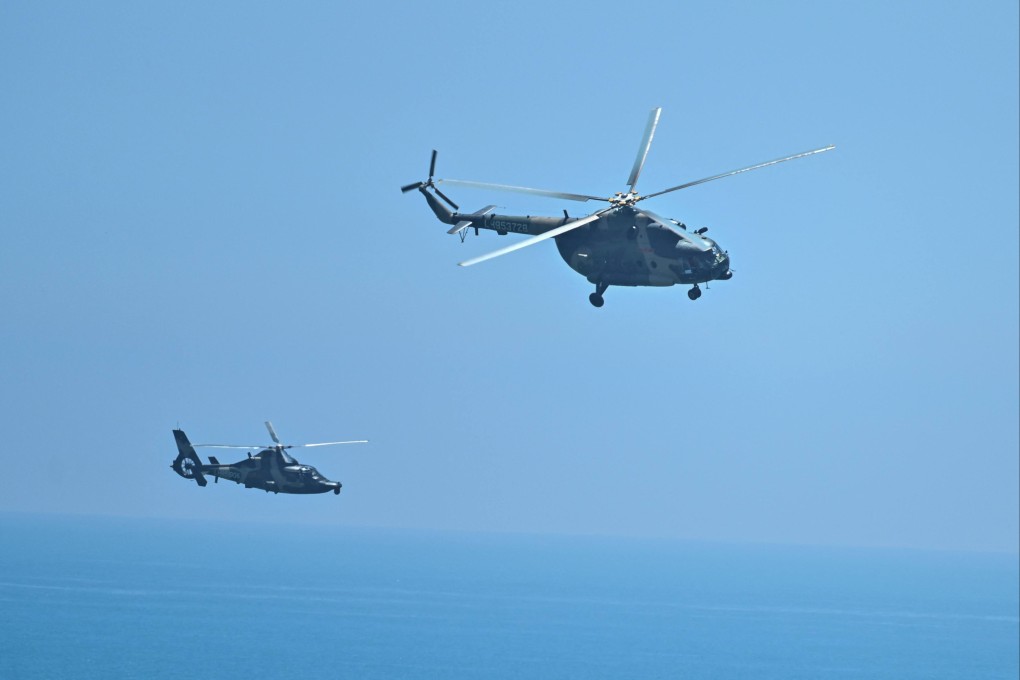China scraps meeting with Japanese foreign minister after G7 statement
- Chinese Foreign Minister Wang Yi won’t meet his Japanese counterpart this week after G7 and EU diplomats criticised Beijing’s reaction to Pelosi’s Taiwan trip
- Beijing’s mission to the EU also hits back, calling the joint statement ‘heinous’

Chinese Foreign Minister Wang Yi had been expected to meet Japanese Foreign Minister Yoshimasa Hayashi in Cambodia on the sidelines of events hosted by Asean this week.
But Chinese foreign ministry spokeswoman Hua Chunying said the Chinese side was strongly displeased with the G7’s statement, adding that Japan, a member of the group, had no right to comment on the Taiwan issue given its historical record in the region. Taiwan became a Japanese colony in 1895 after the First Sino-Japanese War.
“Japan, together with the G7 countries and the European Union [are] unreasonably criticising China, confounding morality, and helping the US to violate Chinese sovereignty,” Hua said. “The Chinese people are very dissatisfied.”
Hua’s remarks echoed those of Beijing’s mission to the European Union. On Wednesday, a mission spokesman described the G7 and EU diplomats’ assertion that China was to blame for “unnecessary escalation” of regional tensions as “heinous”.
China also lodged protests with diplomats from Britain, Germany, Italy, France and European Union on Thursday, British ambassador to Beijing Caroline Wilson wrote on her Twitter account.